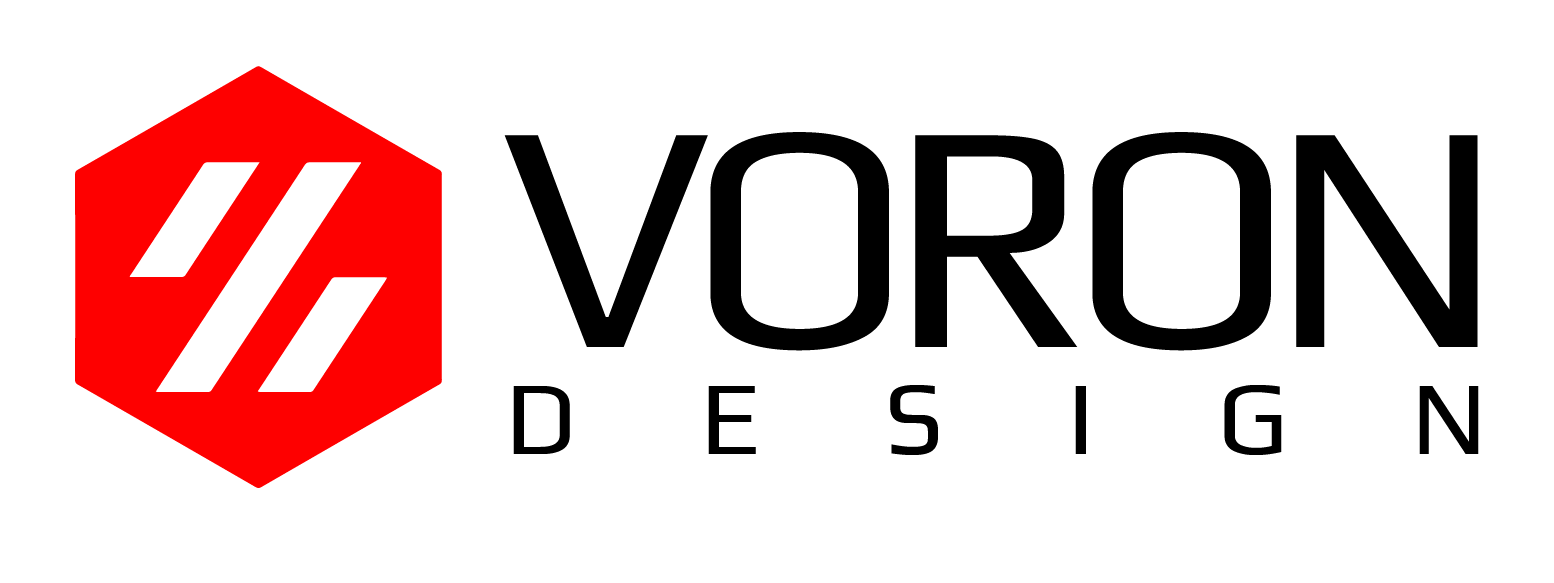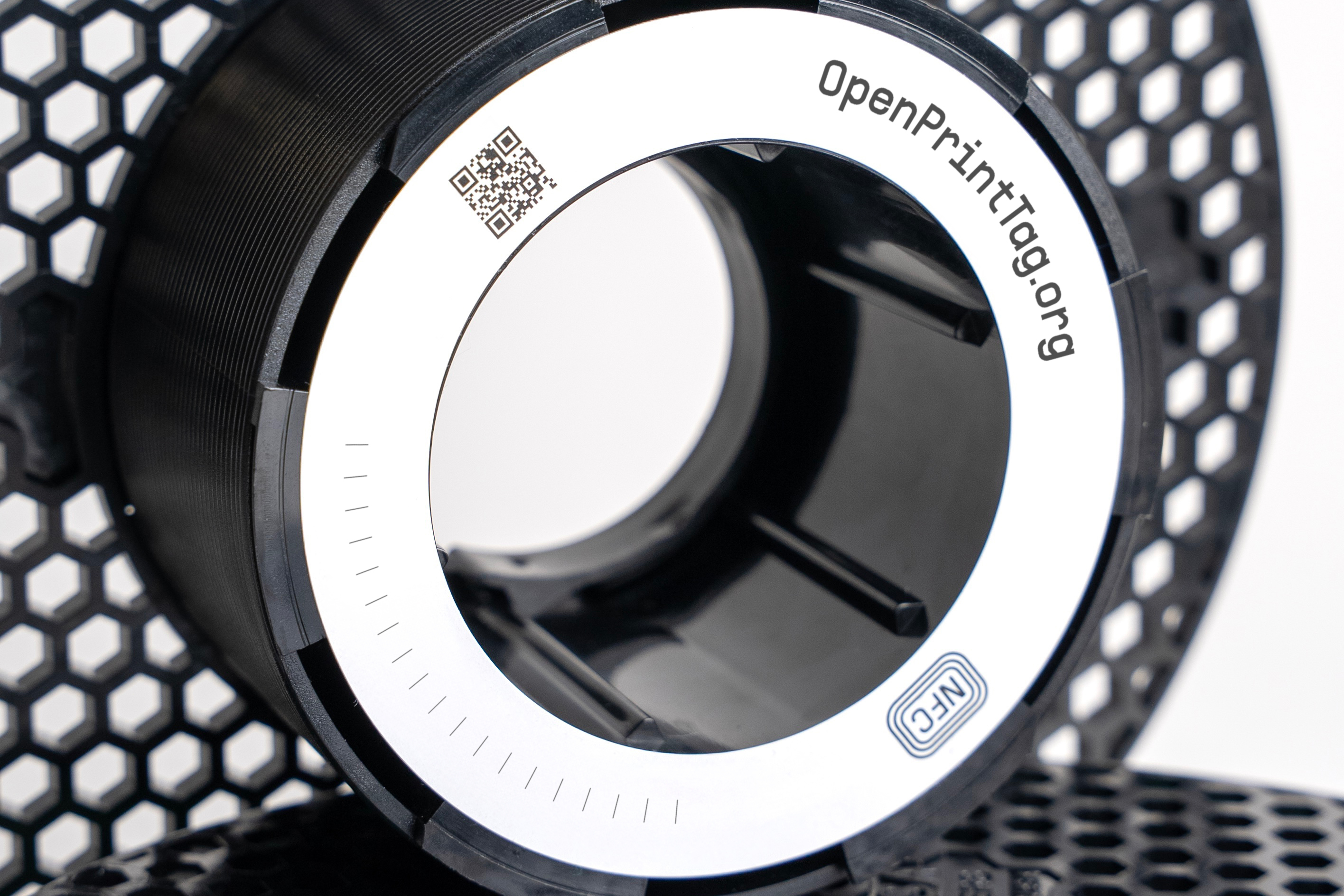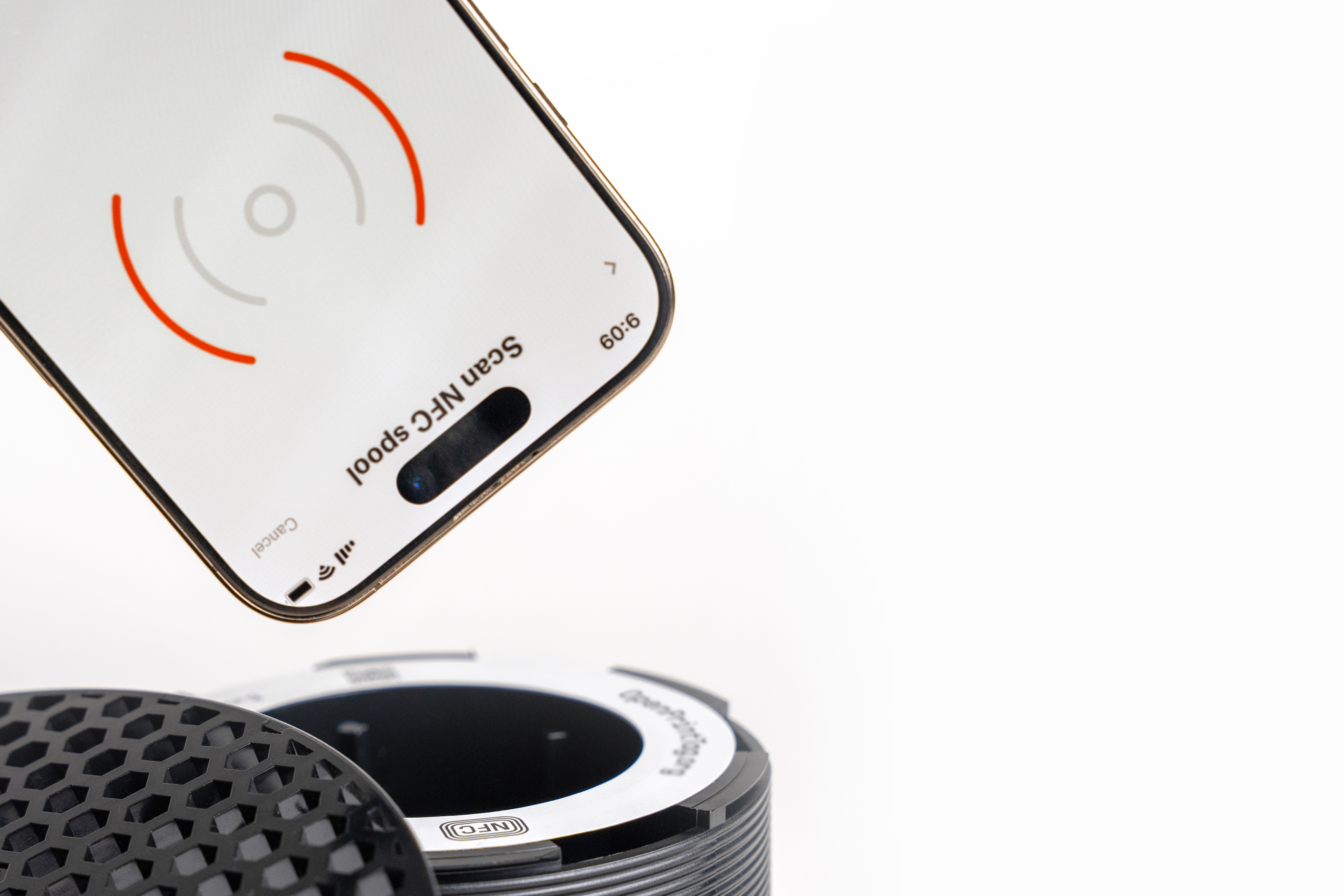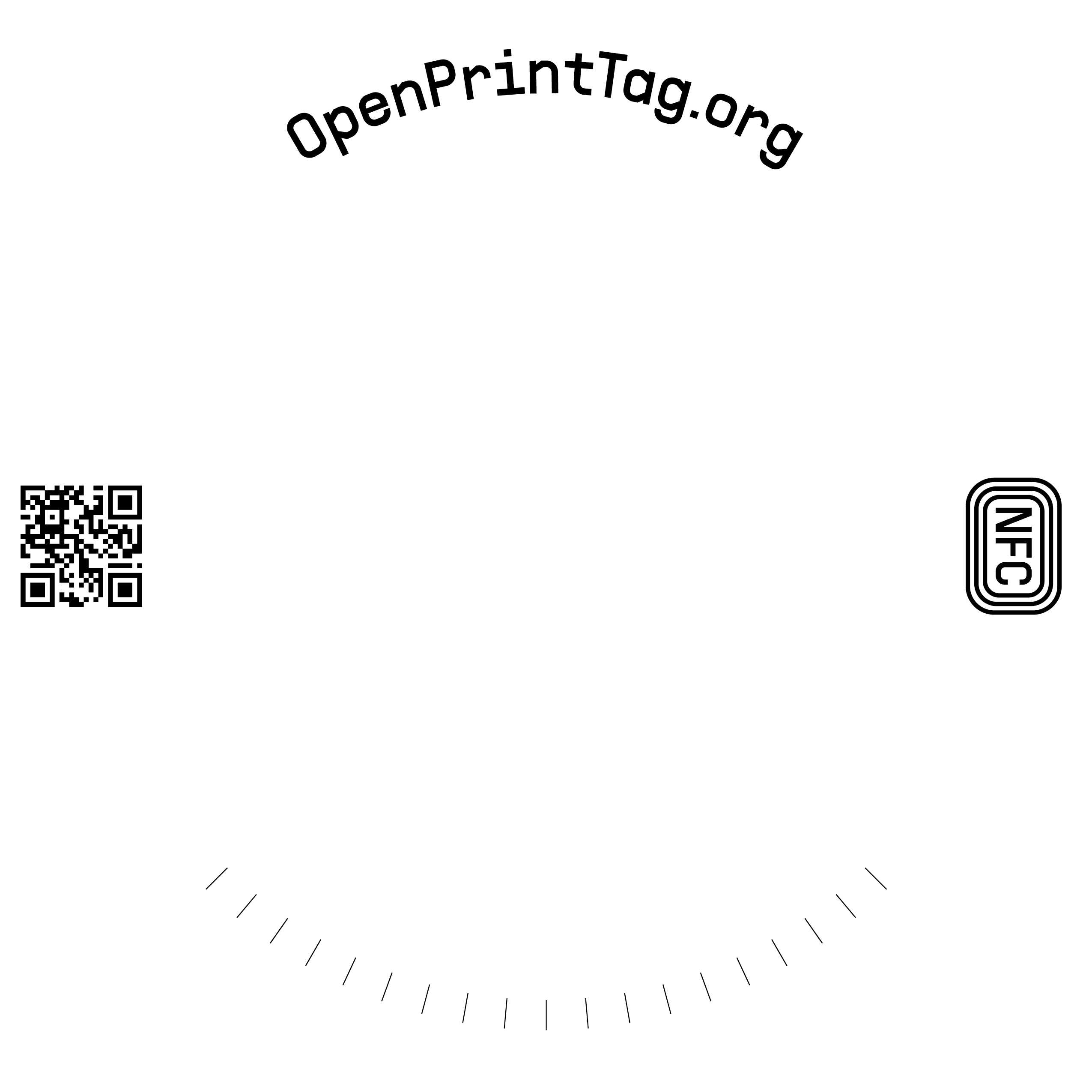 OpenPrintTag
OpenPrintTag
Ending the Wild West of Smart Spools
An open-source initiative by Prusa Research creating a single smart spool standard that works across all brands and ecosystems. This allows printers and users to read and write data directly on any spool, making 3D printing more reliable and intuitive for everyone.
































